24/7 Helpline:
(866) 899-111424/7 Helpline:
(866) 899-1114
Learn more about Bipolar Disorder Treatment centers in Union County
Bipolar Disorder Treatment in Other Counties

Other Insurance Options

Excellus

Absolute Total Care

Molina Healthcare

Health Partners

Premera

American Behavioral

Ceridian

Horizon Healthcare Service

BlueCross

ComPsych

Evernorth

Oxford

AllWell

Health Choice

EmblemHealth

Health Net

BHS | Behavioral Health Systems

PHCS Network

Self-pay options

State Farm

Center for Human Development
Center for Human Development is a private rehab located in La Grande, Oregon. Center for Human Devel...

Jonathan M. Wainwright Memorial VA Medical Center – La Grande VA Community Based Outpatient Clinic
Jonathan M. Wainwright Memorial VA Medical Center - La Grande VA Community Based Outpatient Clinic p...

















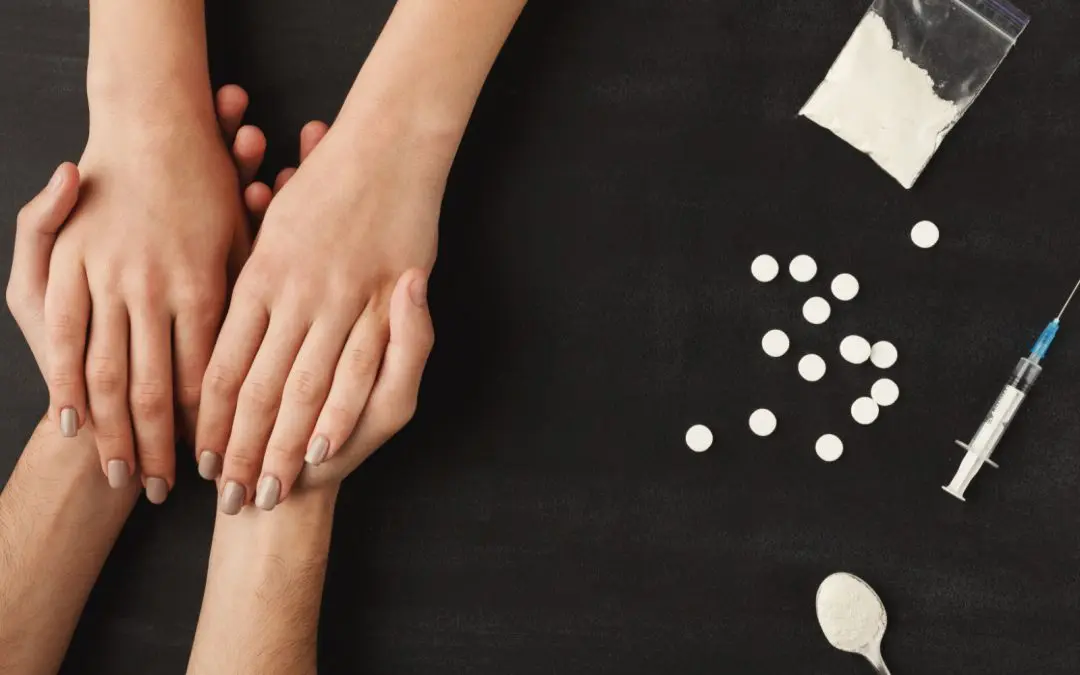


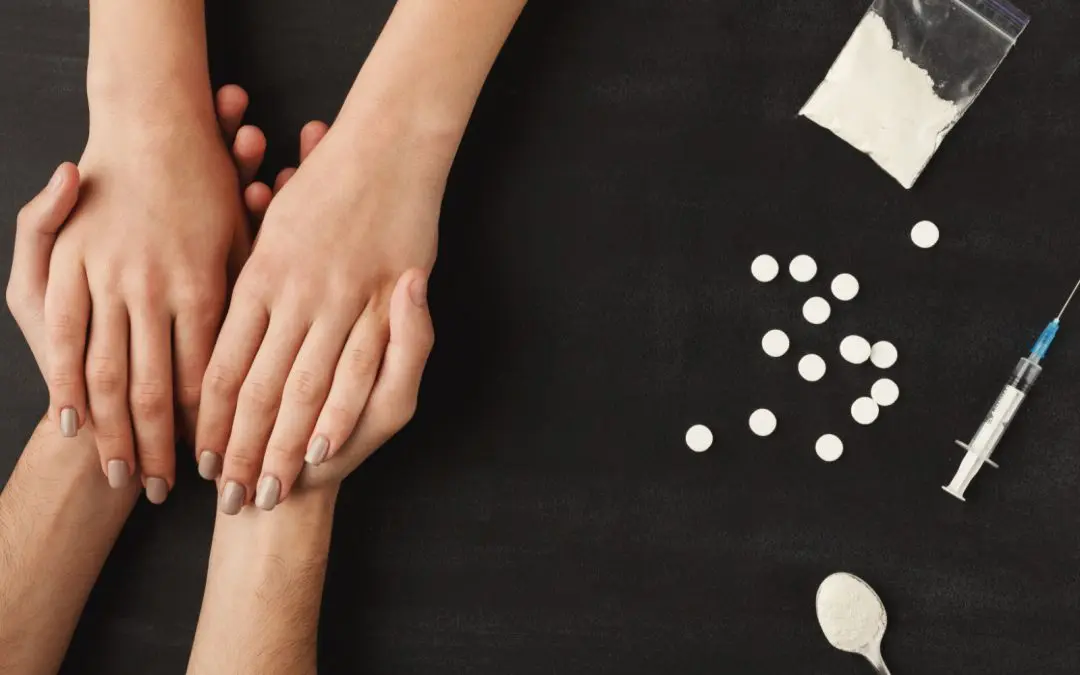











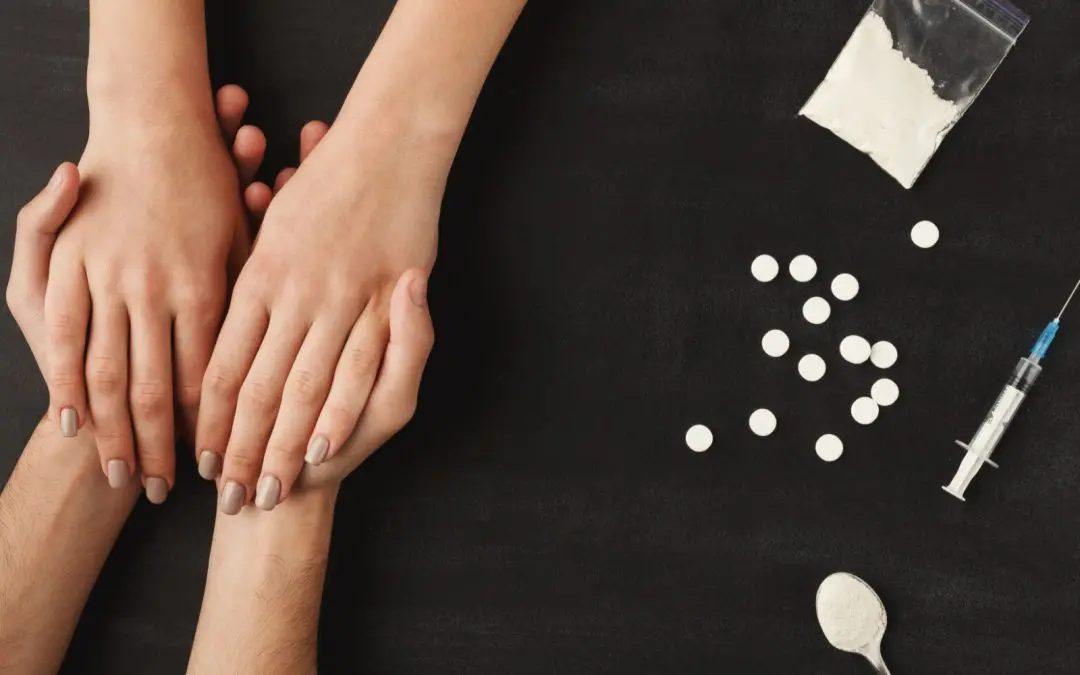










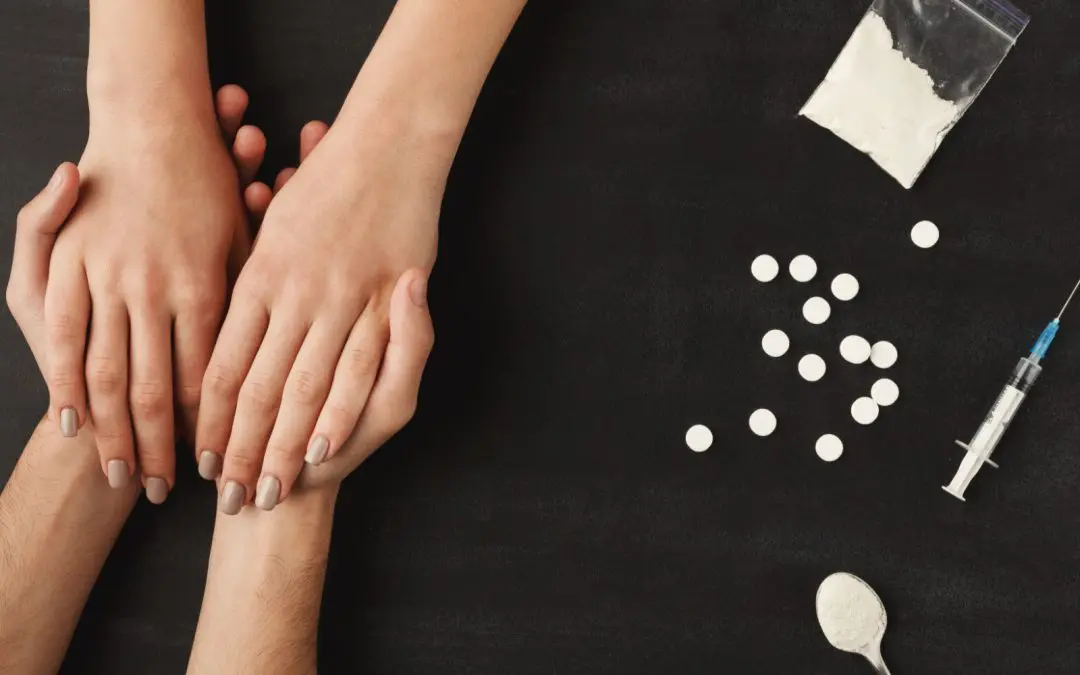













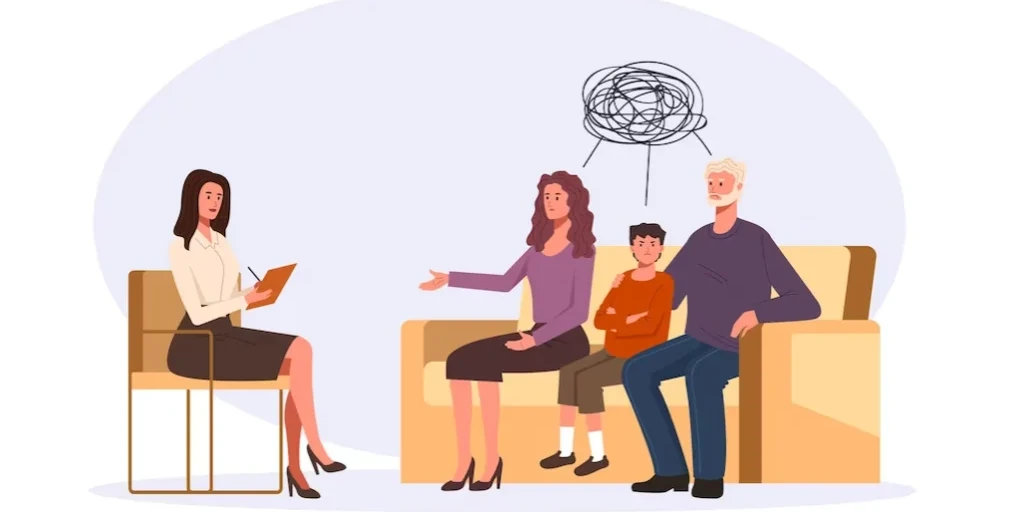






















Heart Steps Counseling Services
Heart Steps Counseling Services is a private rehab located in La Grande, Oregon. Heart Steps Counsel...

Grande Ronde Recovery
Grande Ronde Recovery is a private rehab located in La Grande, Oregon. Grande Ronde Recovery special...


















